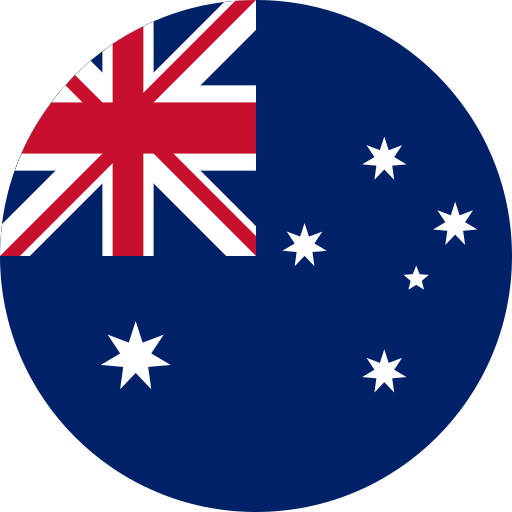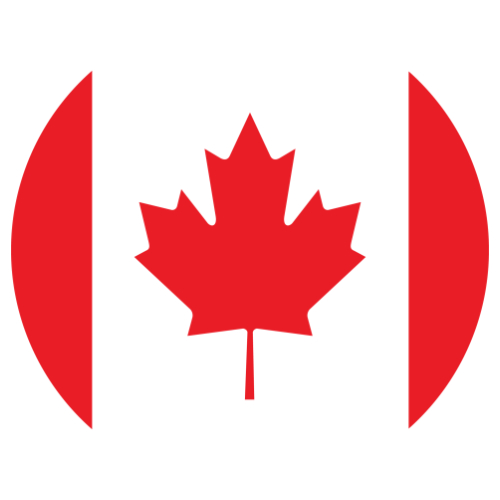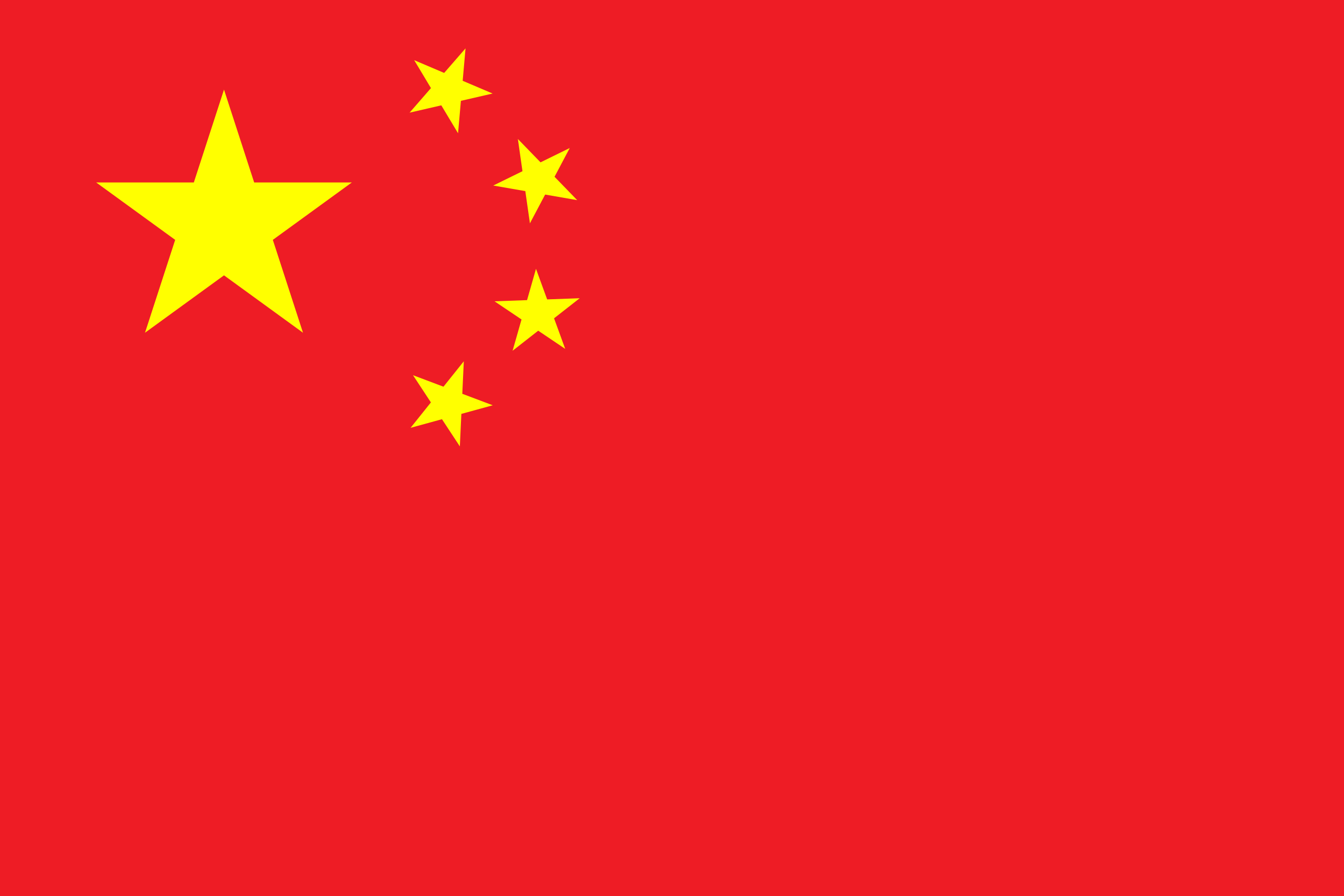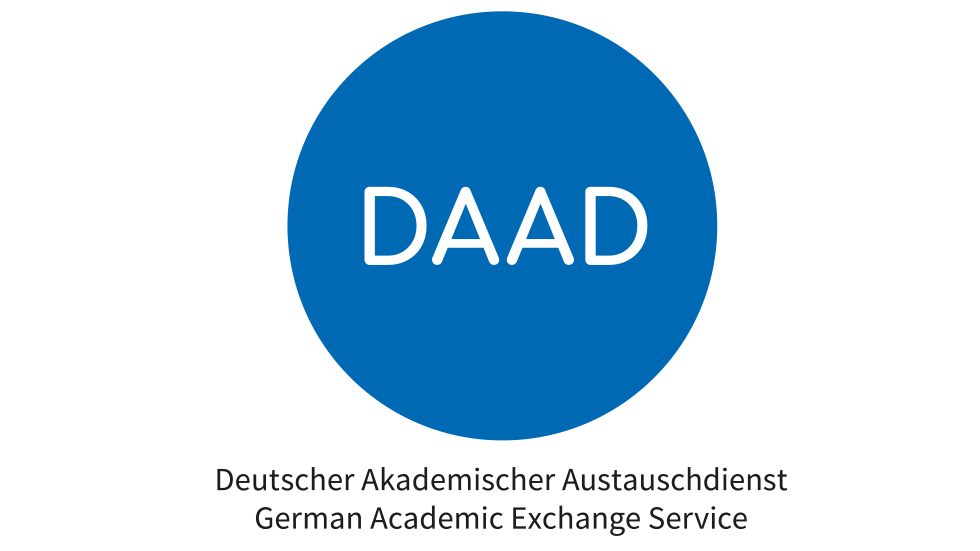University of Melbourne Law School Visiting Fellowship 2026, Australia
Description
This prestigious fellowship offers a unique opportunity for researchers, educators, and practitioners working on statelessness to collaborate with the Peter McMullin Centre on Statelessness at the University of Melbourne, Australia.
About the Visiting Fellowship
The Visiting Fellowship Scheme 2026 enables global scholars to conduct research and actively participate in the Centre’s activities. Fellows are offered:
- A dedicated workspace
- Library and computer access
- Opportunities to present research
- Participation in Centre events and academic collaborations
Degree Level
University of Melbourne Law School Visiting Fellowship 2026, Australia is available to undertake Fellowship level programs at University of Melbourne.
Available Subjects
Following subjects are available to study under this scholarship program.
- Law
Benefits
One funded Visiting Research Fellowship is available for scholars whose work aligns with the mission of the Centre.
Funding details:
- Up to AUD $6,000 to support international travel and accommodation
- Fellowship duration: Between July and November 2026
- Fellows must contribute a public seminar/work-in-progress session
- Submit a blog post to the Critical Statelessness Studies blog, if applicable
Eligible Nationalities
Open to international students of all nationalities.
Eligibility Criteria
- Proven engagement with statelessness research or advocacy
- Ability to collaborate with Centre staff
- Willingness to participate in Centre events and research culture
- Applicants must submit a complete application by 30 November 2025
- International applicants must handle their own visa and insurance
Who can Apply?
This opportunity is open to:
- Postdoctoral and tenured academics
- Early-career researchers
- Non-academic professionals with relevant applied research
- Individuals with lived experience of statelessness are strongly encouraged to apply
Application Procedure
Required Documents (Submit as ONE PDF)
- Curriculum Vitae + list of publications
- Research plan (Max 1000 words): research focus, activities, expected contributions
- Proposed visit dates
- Funding request (up to AUD $6,000) + itemized budget (travel, accommodation, etc.)
- One reference letter (or employer support letter for professionals)
Application Deadline
Deadline for funded fellowship applications:
30 November 2025
Email applications to: law-statelessness@unimelb.edu.au
Subject line: Visiting Fellowship Application
Self-Funded Visiting Fellowship
Self-funded applicants are welcome throughout the year. If accepted, the Centre provides workspace (subject to availability), access to the library, and event participation.
Documents required:
- CV + publications
- Research plan (max 1000 words)
- Proposed visit dates
- Letter of reference or employer support
Apply by contacting: law-statelessness@unimelb.edu.au
Frequently Asked Questions (FAQs)
1. Who is eligible to apply for the funded Visiting Fellowship?
Researchers and professionals engaged in statelessness work, from postdocs to experienced academics and non-academics with relevant experience, are eligible to apply.
2. Do I have to be from a specific nationality to apply?
No. This opportunity is open to all nationalities. However, international applicants are responsible for obtaining visas and covering insurance costs.
3. Can other nationalities besides Australians apply?
Yes. The program encourages international applications, especially from individuals with lived experience of statelessness.
4. Is there a degree requirement to apply?
There is no specific degree requirement, but applicants should demonstrate academic or professional expertise in the field of statelessness.
5. What is the difference between the funded and self-funded options?
The funded option provides up to AUD $6,000 for travel and lodging. Self-funded visitors cover their own costs but receive access to the Centre’s resources and events.
6. Can I visit outside the July–November 2026 period?
Funded fellowships must be taken between July and November 2026. However, self-funded visits may be arranged year-round, depending on availability.




